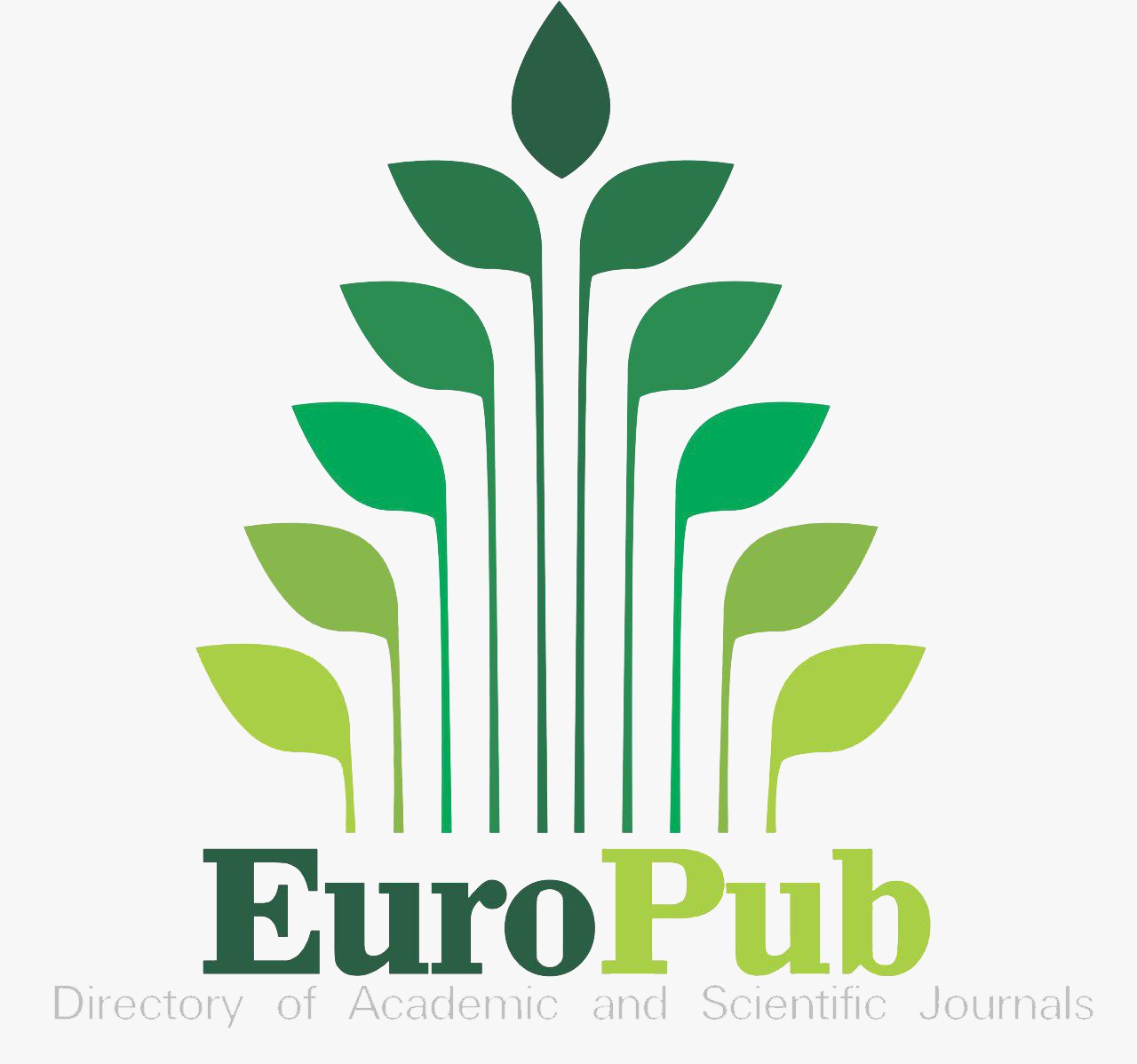INTEGRATION OF TECHNOLOGICAL RESOURCES IN THE CLASSROOM AND ITS EFFECT ON STUDENT ACADEMIC PERFORMANCE.
DOI:
https://doi.org/10.56219/dialctica.v2i25.3986Keywords:
technological resources, academic performance, technological integrationAbstract
This article aims to evaluate the impact of integrating technological resources in the classroom on students' academic performance. Through a documentary literature review, we examine recent studies that explore how educational technologies, such as digital platforms and interactive tools, have modified educational dynamics, allowing for more agile and broader access to educational content and promoting innovative methodologies. The methodology used for this review is based on the Systematic Literature Review (SLR) approach, structured in five phases: study identification, duplicate elimination, relevance screening, final selection, and assessment of methodological bias. This rigorous procedure ensures a comprehensive collection of relevant scientific evidence, allowing for a detailed analysis of the impacts of technologies in various educational contexts. Among the results obtained, it is highlighted that the implementation of technological resources significantly improves academic performance in areas such as mathematics and science. Technologies facilitate the adaptation of learning to the individual needs of students, offering a more personalized educational experience. However, significant obstacles remain, such as insufficient infrastructure, the reluctance of some teachers to adopt new methodologies, and existing inequalities in access to available technologies, especially in rural or economically disadvantaged settings. In conclusion, to maximize the benefits of technological integration, it is essential that educational policies promote ongoing teacher training, ensure equitable access to digital tools, and guarantee a comprehensive pedagogical approach. Sustainability and personalized learning are key factors in ensuring that educational technologies effectively contribute to students' academic achievement and the development of critical skills.
Downloads
References
Botello, H. A., & López, A. (2014). La influencia de las TIC en el desempeño académico: evidencia de la prueba PIRLS en Colombia 2011. Revista Academia y Virtualidad, 7(2), 15-26. http://www.academia-virtualidad.com DOI: https://doi.org/10.18359/ravi.315
Campbell, M., McKenzie, J., Sowden, A., & Vittal, S. (2020). Synthesis without meta-analysis (SWiM) in systematic reviews: reporting guideline. Eric, 16, 1-6. Obtenido de https://discovery.ucl.ac.uk/id/eprint/10092670/1/bmj.l6890.full.pdf DOI: https://doi.org/10.1136/bmj.l6890
Castelo Barreno, L. F., Aguilar Quevedo, J. E., & Guale Tomalá, Y. J. (2024). La tecnología educativa y su influencia en la experiencia de aprendizaje y rendimiento escolar. Revista Aula Virtual, 5(12), 688-701. https://doi.org/10.5281/zenodo.12791475
Del Pino, C., García, S., & García, C. (2023). Las nuevas tecnologías y el rendimiento académico: estudio de caso en educación primaria. Scielo, 39, 34-53. http://www.scielo.org.co/pdf/zop/n39/2145-9444-zop-39-34.pdf DOI: https://doi.org/10.14482/zp.39.211.968
García-Martín, S., Cantón-Mayo, I. (2019). Uso de tecnologías y rendimiento académico en estudiantes adolescentes. Revista Comunicar, 59, 73-81. DOI: https://doi.org/10.3916/C59-2019-07 DOI: https://doi.org/10.3916/C59-2019-07
Formichella, M. M., & Alderete, M. V. (2018). TIC en la escuela y rendimiento educativo: el efecto mediador del uso de las TIC en el hogar. Cuadernos de Investigación Educativa, 9(1), 75-93. https://doi.org/10.18861/cied.2018.9.1.2822 DOI: https://doi.org/10.18861/cied.2018.9.1.2822
González Vidal, I. M. (2021). Influencia de las TIC en el rendimiento escolar de estudiantes vulnerables. RIED. Revista Iberoamericana de Educación a Distancia, 24(1), 27960. https://doi.org/10.5944/ried.24.1.27960
Hernández, R. S., Tagua-Moyolema, A. E., Cumandá Miranda-López, X., & Muyulema-Muyulema, D. G. (2024). Análisis de la relación entre el uso de tecnologías educativas y el rendimiento académico de los estudiantes universitarios. 593 digital Publisher CEIT, 9(4-1), 184-195. https://doi.org/10.33386/593dp.2024.4-1.2738 DOI: https://doi.org/10.33386/593dp.2024.4-1.2738
Martínez-Garrido, C. (2018). Impacto del uso de los recursos tecnológicos en el rendimiento académico. Innoeduca. International Journal of Technology and Educational Innovation, 4(2), 138-149. DOI: http://dx.doi.org/10.24310/innoeduca.2018.v4i2.4956 DOI: https://doi.org/10.24310/innoeduca.2018.v4i2.4956
Maza, M. P., Pizarro Duran, T. J., Piedra Tito, P. F., Llivisaca Llivicura, C. D. R., Guachizaca Uyaguari, J. M., & Camacho Castillo, B. D. R. (2025). Impacto de las tecnologías digitales en el rendimiento académico. Revista Invecom, 5(2). https://www.revistainvecom.org
Ortiz, J. H., Quispe, H. A., Egoavil, E. M., Ticse Alfaro, D. D., Suarez, C. A., & Surichaqui Gutierrez, F. (2023). TICs y rendimiento académico en la educación técnica. Instituto Universitario de Innovación Ciencia y Tecnología, Perú. DOI: 10.35622/inudi.b.075 DOI: https://doi.org/10.35622/inudi.b.075
Petticrew, M., & Roberts, H. (2006). Systematic Reviews in the Social Sciences (First ed.). United Kingdom: Blackwell Publishing. Obtenido de https://fcsalud.ua.es/en/portal-de-investigacion/documentos/tools-for-the-bibliographic-research/guide-of-systematic-reviews-in-social-sciences.pdf DOI: https://doi.org/10.1002/9780470754887
Revilla, D. M. (2020). Rendimiento académico y tecnología: evolución del debate en las últimas décadas. Revista de la Asociación Iberoamericana de Educación Superior a Distancia, 24(1), 1122-1137. DOI: https://doi.org/10.1590/198053147144 DOI: https://doi.org/10.1590/198053147144
Timotheou, S., Miliou, O., Dimitriadis, Y., Villagrá Sobrino, S., Giannoutsou, N., Cachia, R., Martínez Monés, A., & Ioannou, A. (2023). Impacts of digital technologies on education and factors influencing schools’ digital capacity and transformation: A literature review. Education and Information Technologies, 28, 6695–6726. https://doi.org/10.1007/s10639-022-11431-8 DOI: https://doi.org/10.1007/s10639-022-11431-8
Valdiviezo Corella, B. M., Jácome Segovia, D. F., & Alfonso Caveda, D. (2024). Impacto de la tecnología educativa en estudiantes de bachillerato, institución Emilio Isaías Abihanna, en Ecuador. Explorador Digital, 8(1), 114-135. https://doi.org/10.33262/exploradordigital.v8i1.2985 DOI: https://doi.org/10.33262/exploradordigital.v8i1.2985
Vidal, I. M. G. (2021). Influencia de las TIC en el rendimiento escolar de estudiantes vulnerables. RIED. Revista Iberoamericana de Educación a Distancia, 24(1), 27960. https://doi.org/10.5944/ried.24.1.27960 DOI: https://doi.org/10.5944/ried.24.1.27960
Zambrano, V. R., & Cornejo, J. K. (2016). Los recursos tecnológicos y su influencia en el desempeño de los docentes. Dom. Cien., 2(esp.), 201-219. http://dominiodelasciencias.com.
Downloads
Published
How to Cite
Issue
Section
License

This work is licensed under a Creative Commons Attribution-NonCommercial-ShareAlike 4.0 International License.
La revista Dialéctica conserva los derechos patrimoniales (copyright) de las obras publicadas, que favorece y permite la reutilización de los mismos bajo la licencia Creative Commons Atribución-NoComercial-CompartirIgual 4.0 , por lo cual se pueden copiar, usar, difundir, transmitir y exponer públicamente, siempre que se cite la autoría y fuente original de su publicación (revista, editorial, URL y DOI de la obra), no se usen para fines comerciales u onerosos y se mencione la existencia y especificaciones de esta licencia de uso. Si remezcla, transforma o crea a partir del material, debe distribuir su contribución bajo la misma licencia del original.












